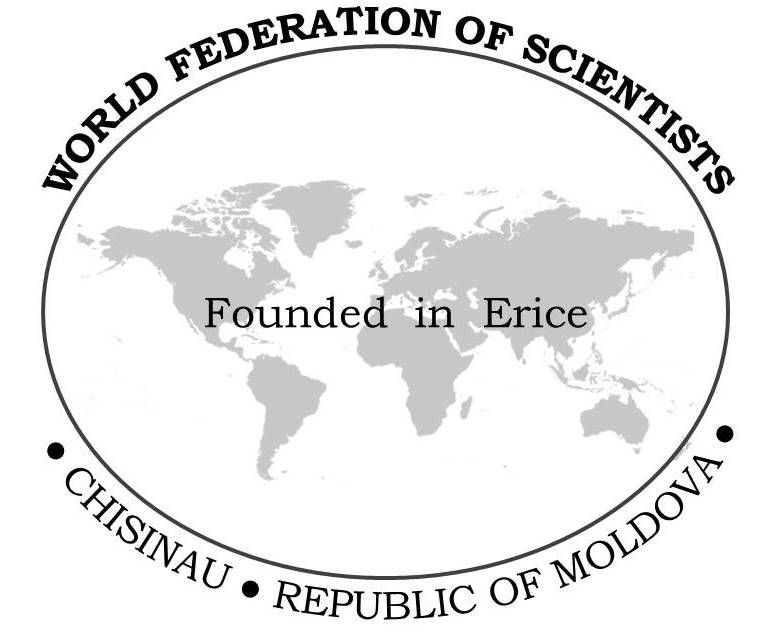- 40 views
Proposals for the Education and Science System within the National Integration into the European Union Program of Moldova:
- Increase the budget allocated to education to 9% of GDP by 2030 to support the development of education in accordance with European Union standards and requirements. Increased financial resources are essential to ensure the quality of education and promote access to high-quality education within the EU.
- Increase the budget allocated to research and innovation to 1% of GDP by 2030 to support technological development, innovation, and competitiveness growth within the European Union. Increased investments in research and innovation are crucial to keep the EU at the forefront of technological progress.
- Expand educational exchange programs by increasing the number of scholarships for students and researchers. This measure will promote academic mobility and European collaborations, strengthening ties between higher education institutions, national research institutions, and universities and research centers in the EU.
- Promote foreign languages by developing educational programs for language learning to facilitate communication and collaboration with European institutions.
- Develop and update legislation to facilitate learning, innovation, and the protection of intellectual property rights in accordance with European standards. A modernized legal framework will create a conducive environment for the development of education and research in the EU.
- Support startups and innovative business environments through policies that stimulate economic growth and job creation. This can include facilitating access to funding and developing innovation hubs throughout the EU.
- Encourage partnerships between universities, research institutions, and companies to promote the transfer of knowledge and technology to the private sector. This collaboration will contribute to economic development and innovation within the EU.
- Integrate digital skills courses into the school curriculum and vocational training programs. Digital skills are essential to ensure that the European workforce is prepared for the digital economy.
- Invest in education, research, and technologies that contribute to environmental protection and the achievement of the European Union's sustainable development goals. This will strengthen the EU's commitment to sustainability and environmental protection.
- Implement a monitoring and evaluation system for progress in education, research, and innovation to ensure program efficiency and efficient resource allocation. Continuous monitoring is essential for the ongoing improvement of the education and research system in the EU.
Acad. Prof. Gheorghe Duca

